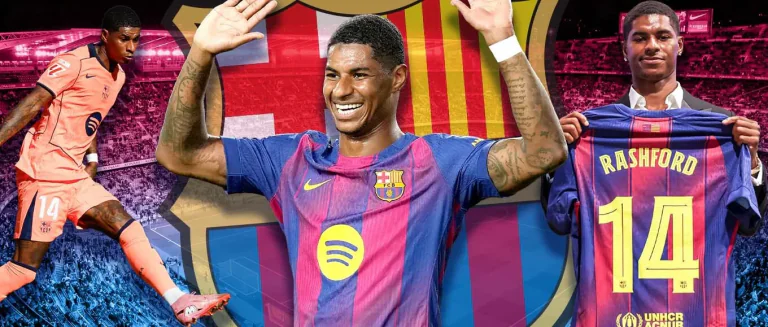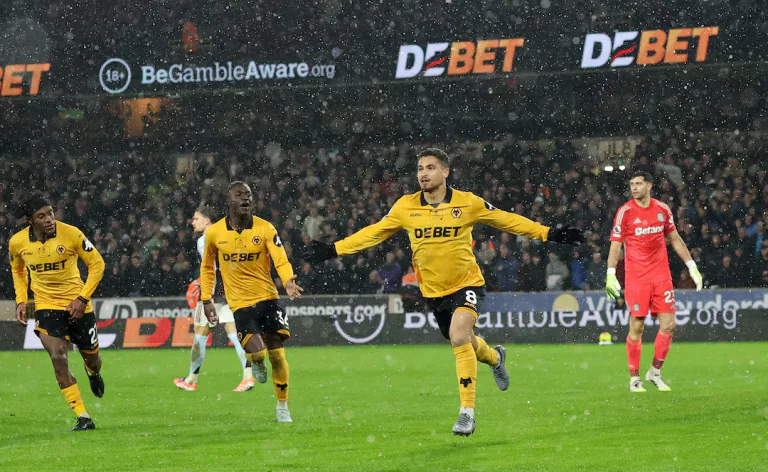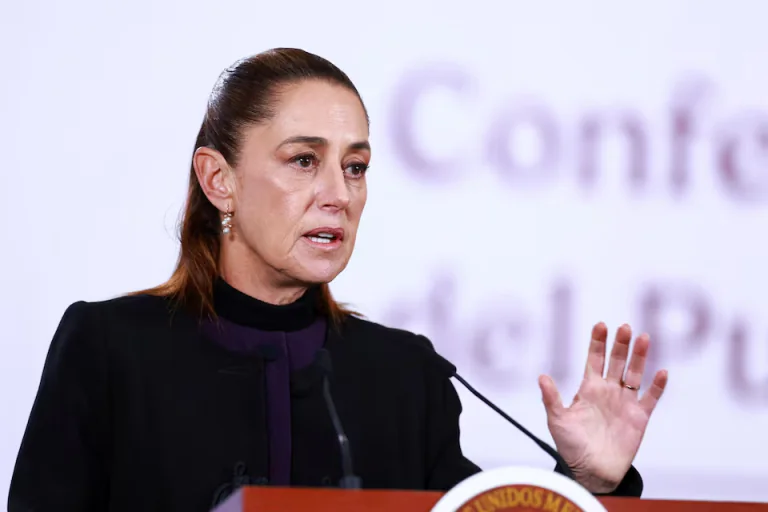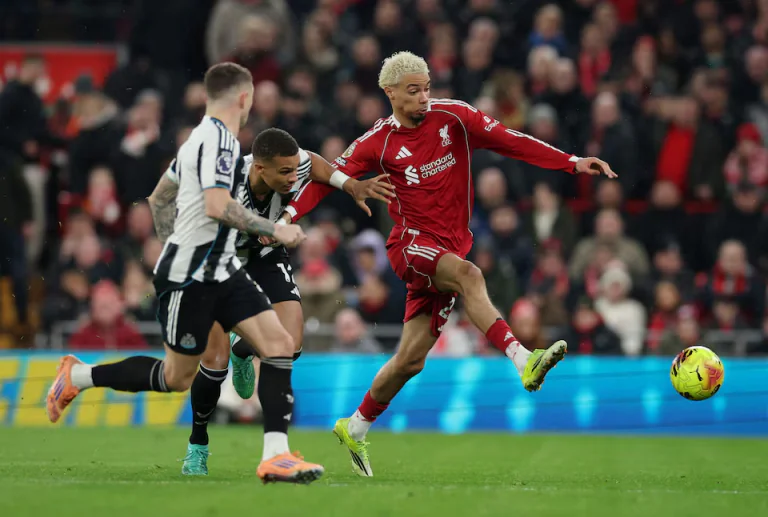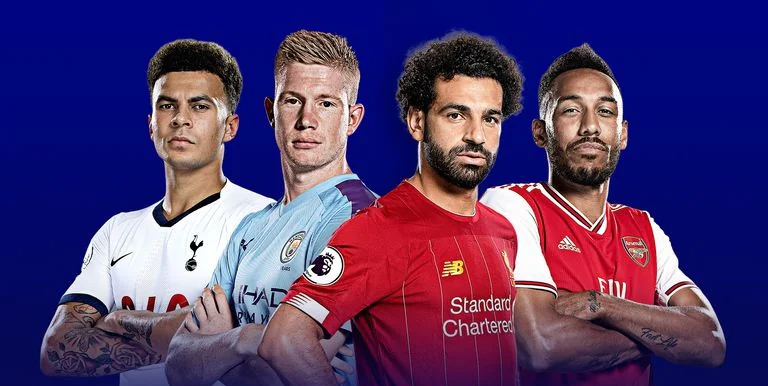

Jurgen Klopp once dreamed of winning trophies with “a team full of Scousers,” while Eddie Howe described the Geordies in his Newcastle United squad as “very special… they bring a uniqueness about them.” Across England, fans proudly sing “He’s one of our own” — but in today’s Premier League, the number of local players is shrinking rapidly.
On Sunday, the first Manchester derby of the season takes place. Manchester City can still call on Phil Foden, Rico Lewis, and Nico O’Reilly, but with Kobbie Mainoo out of favour, Manchester United’s starting XI is unlikely to feature a Mancunian. Aston Villa, Leeds United, Wolves, and Burnley currently have no local players at all.
This isn’t just about numbers — it’s about identity, pride, and football culture.
A Look Back: When Local Players Thrived
In the 1995/96 season, Premier League clubs averaged 6.5 local players each. Wimbledon had an incredible 16 London-born players, while Tottenham and Chelsea also had strong home contingents.
But things changed drastically after the Bosman ruling in 1995, which opened the doors for an influx of foreign players. By 2010/11, the average number of local players per team had fallen to 3.7. Fast forward to 2025/26, and that figure has dropped to just 2.7 players per club.
Why Are Local Players Declining?
- Profit & Sustainability Rules (PSR)
With strict financial rules, selling academy graduates has become a survival tactic. Since they cost nothing to develop, their sales count as pure profit. That’s why players like Conor Gallagher (Chelsea), Jacob Ramsey (Aston Villa), and Elliot Anderson (Newcastle) were sold despite their local ties.
- Academy Battles and Talent Poaching
Top clubs now aggressively recruit youngsters from rival academies. For example, Liverpool’s Rio Ngumoha started at Chelsea, while Manchester United signed Ayden Heaven and Chido Obi from Arsenal. Newcastle alone have signed more than 10 teenagers from across England and Scotland in just two years.
This means “local” is no longer the priority — clubs want the best talent anywhere, not just from their hometowns.
Why Fans Care Deeply
Surveys show the emotional connection is stronger when a local academy player makes it into the first team. Fans feel represented, and victories mean more.
Newcastle’s Dan Burn scoring in the Carabao Cup final was celebrated not just as a goal, but as a local hero moment.
Crystal Palace fans were ecstatic when South London-born Eberechi Eze scored in the FA Cup final.
On the flip side, Liverpool supporters found it even harder to accept Trent Alexander-Arnold’s exit because he was a true Scouser.
The Future of Local Identity in Football
While PSR and global scouting strategies are partly to blame, the real issue is what clubs value most. For managers fighting to keep their jobs, winning often outweighs preserving local identity.
Still, many supporters believe something important is being lost. Local players are not just footballers — they are symbols of community pride, culture, and belonging.
As Premier League academies get younger, bigger, and more international, the question remains:
👉 Will we see fewer local heroes in the years to come, or will clubs find a balance between winning and representation?
